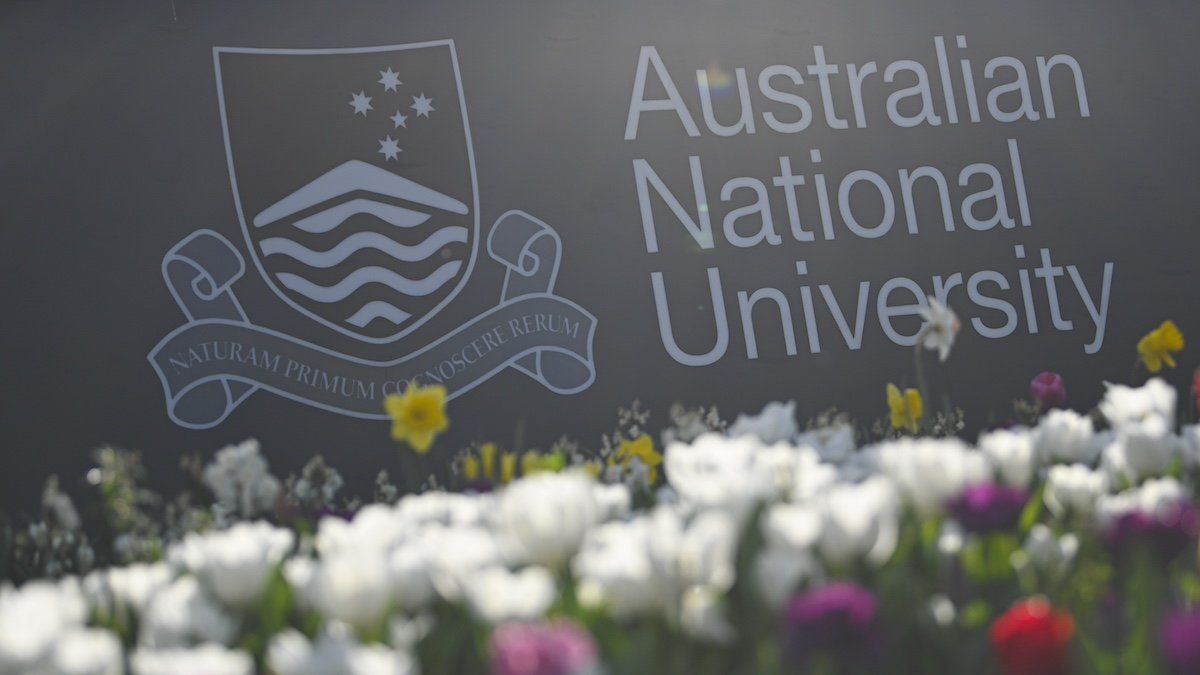Australia this week became the latest country to
take measures to restrict immigration, as the government announced a fresh cap on the number of foreign students it will admit for study at universities and vocational schools. The measure comes amid broader,
ongoing efforts to rein in immigration, which soared in recent years to help fill pandemic-related vacancies, but which has also put pressure on infrastructure and housing prices.
Next year, Australia will allow in only 275,000 foreign students. The country is currently the temporary home for nearly three times that number. The government is aiming to bring the number of foreign students back to pre-pandemic levels, and to root out instances in which foreigners use study visas as an excuse to come to Australia for other purposes. Currently, there are 10% more international students at Aussie state universities than there were before COVID-19. Among private vocational schools, the number is 50%.
Universities aren’t happy. Australia has historically been a major destination for foreign students, who constitute a $50 billion annual industry. They make up the second-largest economic sector for Australia after mining,
according to Universities Australia, which warned Tuesday that “having fewer students here will only widen the funding gap at a time when universities need greater support.”
